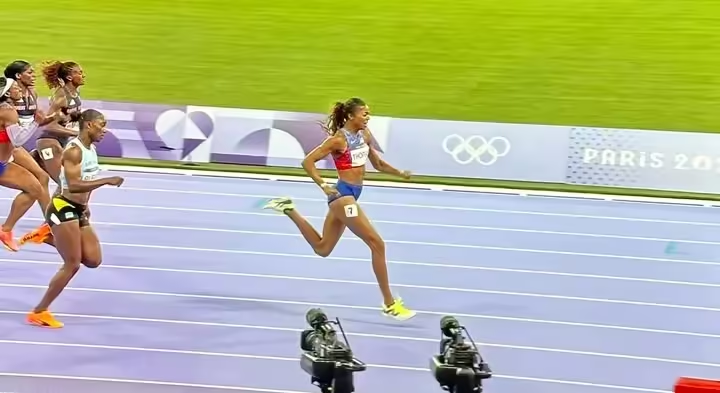In the world of competitive sports, the concept of being a winner is often intertwined with the idea of overcoming challenges and rivals. However, there is a growing tendency to downplay the achievements of athletes by citing the absence or inability of competitors due to injury or other circumstances. While acknowledging these factors is important, it is equally crucial to understand that being available to compete is an inherent part of the game. Here’s why focusing on those who compete is essential for recognizing true athletic success.
### The Essence of Competition
Sports is fundamentally about competing against those who are ready and able to compete. Athletes prepare meticulously, enduring rigorous training, and pushing their physical and mental limits to be at their best on game day. The very nature of competition demands that athletes showcase their skills against opponents who are equally prepared. If some competitors are sidelined due to injuries, personal choices, or other reasons, it does not diminish the accomplishments of those who successfully line up and perform.
### The Role of Availability
Availability is a crucial factor in sports. Athletes who manage to stay fit and eligible to compete are demonstrating a significant aspect of their professionalism and dedication. The ability to remain injury-free and consistently perform at a high level requires immense discipline, resilience, and care. It is a testament to an athlete’s commitment to their sport. Therefore, when assessing the achievements of athletes, it is important to consider that being available to compete is a skill and a triumph in itself.
### Contextualizing Achievements
When athletes win, they do so within the context of the competition they face at that moment. Historical greatness cannot be measured solely by who was absent but by who was present and how the winner performed against them. For instance, if an athlete wins a championship or sets a record, it is a reflection of their ability to excel in that particular setting. The circumstances of competitors who are not present should be acknowledged, but they do not alter the fact that the athlete who won achieved their success within the framework of the competition that was available to them.
### The Impact on Athletes
Downplaying victories by bringing up absent competitors can have negative consequences on the athletes themselves. It can undermine their hard work, dedication, and the sacrifices they made to reach their peak performance. Athletes often face immense pressure and stress, and dismissing their accomplishments based on the absence of others can contribute to feelings of frustration and diminish their sense of achievement. Celebrating their success, irrespective of the competition they faced, is essential for honoring their efforts and contributions to the sport.
### Acknowledging All Aspects
While it is important to recognize the impact of injuries and other factors on the competitive landscape, it is equally vital to respect and celebrate the achievements of those who compete. Every competition has its own set of circumstances, and winners emerge by navigating through these circumstances effectively. Focusing on the athletes who are present and their performance ensures that their accomplishments are rightfully acknowledged and celebrated.
### Conclusion
In sports, winning is not only about facing opponents but also about showing up and performing when it counts. The ability to compete is a critical part of an athlete’s journey, and their achievements should be celebrated within the context of the competition they faced. While it’s important to acknowledge the challenges that competitors may face, it is equally important to honor and respect the accomplishments of those who successfully compete and excel.
